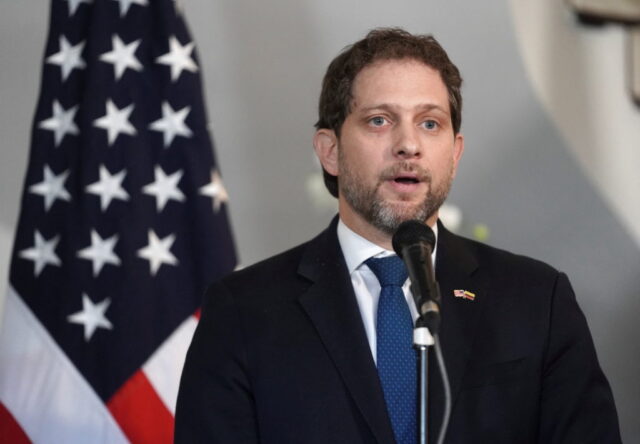Jon Finer:
Well, looking back now, what I see is a strategic environment in the Middle East in which the United States and its key ally Israel, as well as its other partners in the region, are stronger than they were before October 7.
Their interests are better secured and safer than they were before October 7, in large part because of the collaboration between the United States and Israel. When Iran sought to strike Israel twice with hundreds of ballistic missiles, it was the United States and a coalition of partners that helped the Israeli Defense Forces defend the country from those attacks.
When Israel decimated Hezbollah, it was the United States that backed Israel’s willingness and efforts to do that. When Assad, the president of Syria, fell and fled the country, it was the United States’ efforts, with Israel, that weakened Iran and weakened Russia, Assad’s two main backers that prevented them from being able to come to his rescue.
So, Hamas, I think, looked across the region, saw all of its friends and partners in a fundamentally weaker place and felt like it needed to make a deal. Now, I will not deny that this came at an enormous humanitarian cost. This is something that we have been acutely sensitive to, and that we have pressed in every day and every conversation that we have had with Israeli officials to increase the amount of humanitarian assistance going into Gaza.
And that is, in many ways, the most important part of this deal, in addition to getting the hostages home, is that there will be a significant increase in relief to people in Gaza, who badly need it.

















































